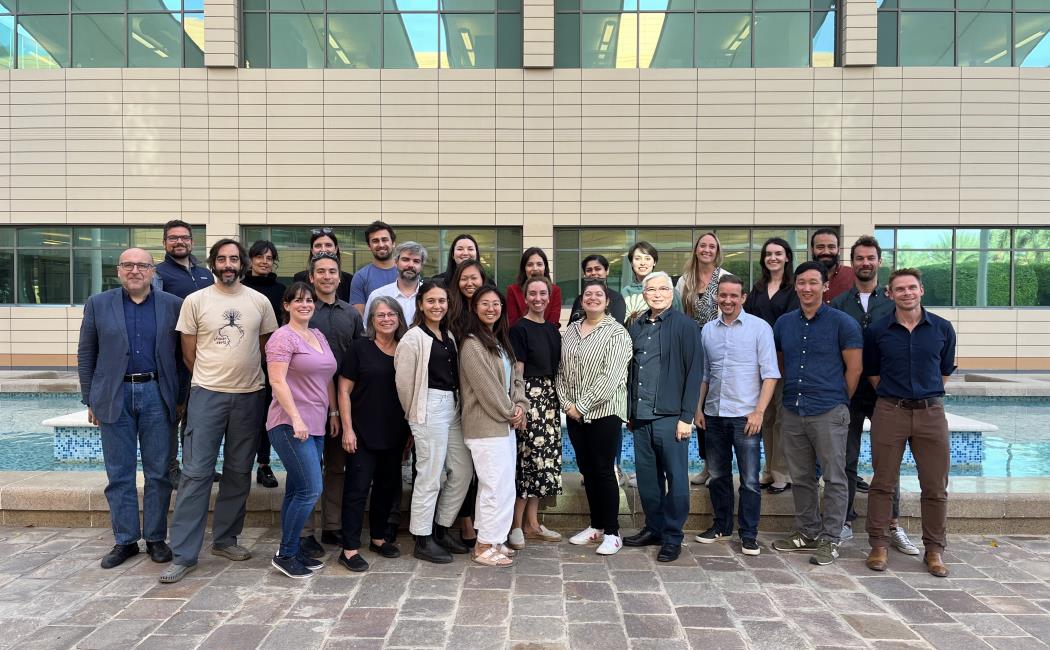
14 February, 2023
King Abdullah University of Science and Technology (KAUST) is at the forefront of scientific research in the field of deoxygenation events occurring in tropical regions. In February 2023, KAUST hosted a four-day workshop aimed at fostering international collaborations and addressing the underreported issue of deoxygenation in tropical areas. The workshop was led by Dr. Shannon Klein, Assistant Prof. Maggie Johnson, and Distinguished Prof. Carlos Duarte, who are renowned experts in the field.
The workshop shed light on the significant differences between temperate and tropical habitats, particularly in terms of water temperature. The warmer waters in tropical regions pose unique challenges for marine species that reside near their upper thermal limits. Consequently, the responses to deoxygenation events in tropical areas are expected to differ significantly from those observed in higher-latitude ecosystems. This highlights the need to expand our knowledge and understanding of deoxygenation specifically in tropical regions.
Dr. Klein emphasized that our current understanding of deoxygenation is predominantly derived from studies conducted in temperate ecosystems. However, it is essential to recognize that the lessons learned from temperate habitats may not directly apply to tropical ecosystems. Therefore, closing this knowledge gap and gaining insights into deoxygenation events in tropical regions becomes increasingly crucial.
Assistant Prof. Johnson concluded the workshop by emphasizing the importance of considering the unique challenges faced by low-income nations in monitoring and understanding the impacts of deoxygenation on tropical ecosystems. These challenges include limited resources, infrastructure, and research capabilities. It is crucial to take these factors into account when developing strategies to identify, monitor, and mitigate the effects of deoxygenation in tropical regions.
Following the workshop, an international collaboration comprising experts from 13 countries has been established. This collaboration aims to undertake three key research projects focused on improving our understanding of the drivers and consequences of deoxygenation in tropical regions. By enhancing our knowledge in this field, the research outcomes will contribute to addressing the underreported nature of deoxygenation events and their impacts on tropical marine ecosystems.
Overall, the workshop hosted by KAUST marks an important step towards advancing scientific knowledge and international collaborations in studying deoxygenation events on a global scale. The efforts of the researchers involved will contribute to a deeper understanding of this critical issue and aid in the development of effective strategies to mitigate the impacts of deoxygenation on tropical marine ecosystems. We thank all our international collaborators: Prof. Denise Breitburg; Prof. Gil Jacinto; Prof. Andrew Altieri; Dr. Ariel Pezner; Dr. Marco Fusi; Sara Devi Swaminathan, M.Sc.